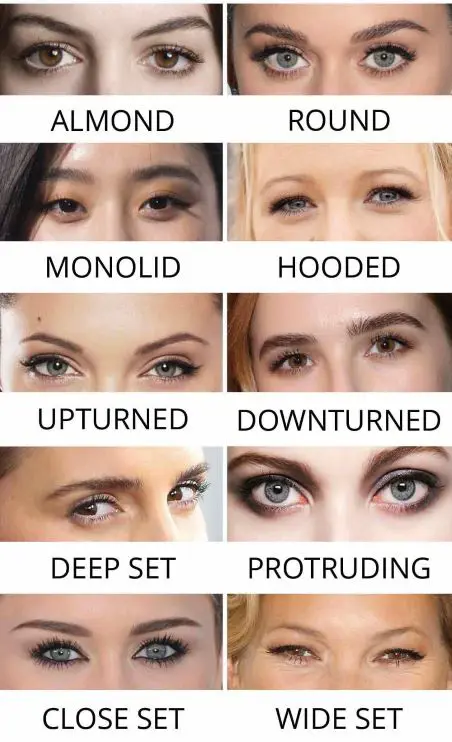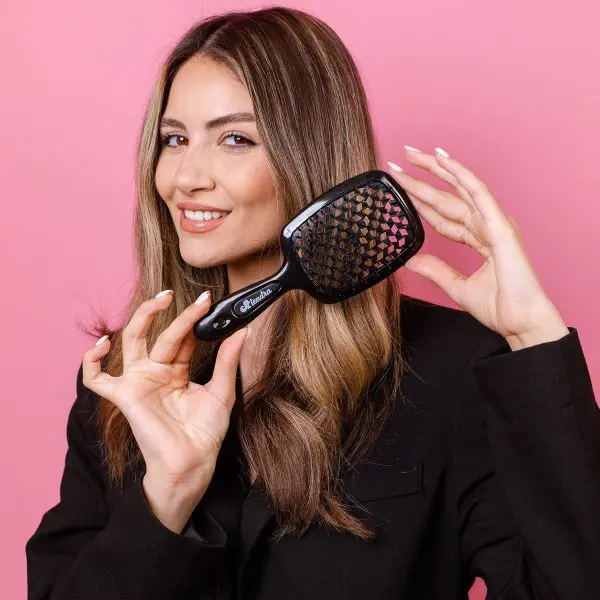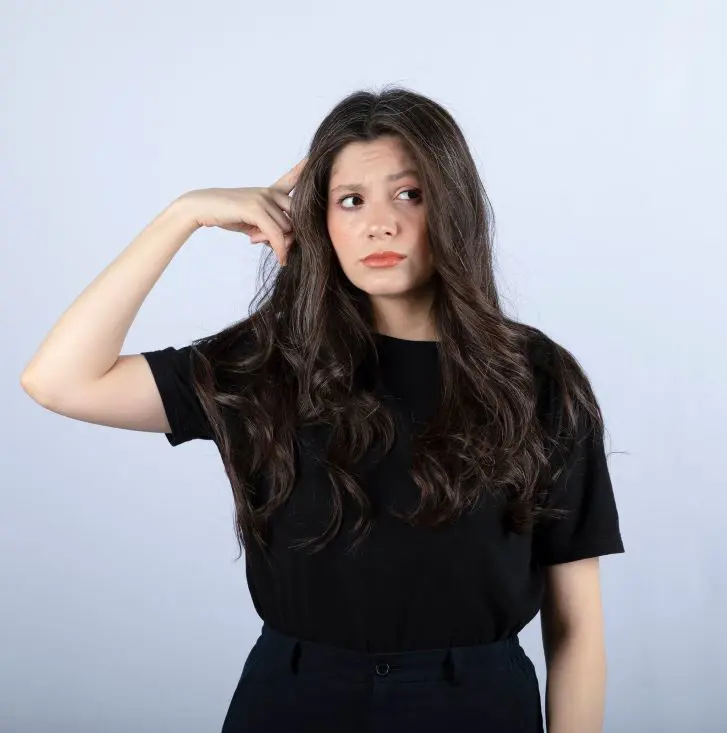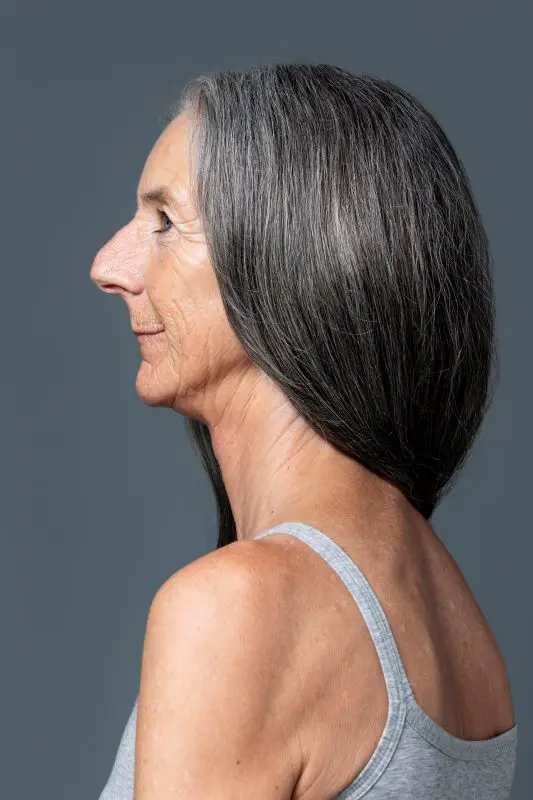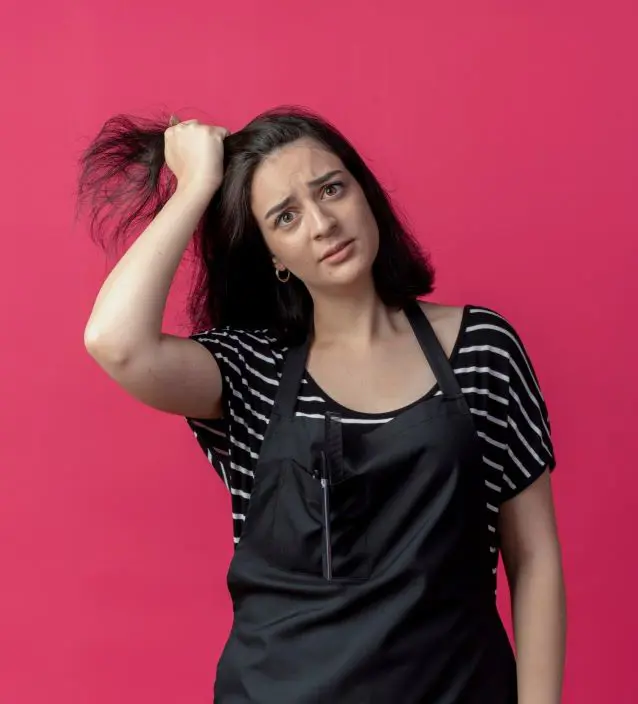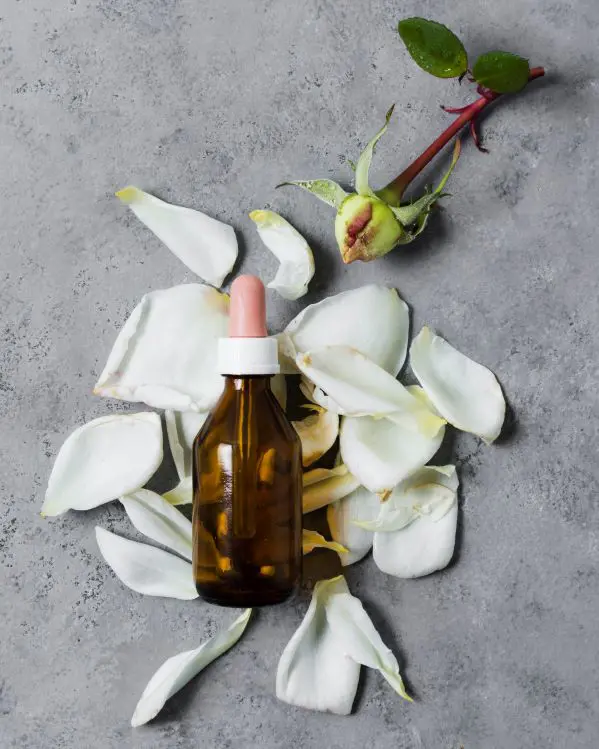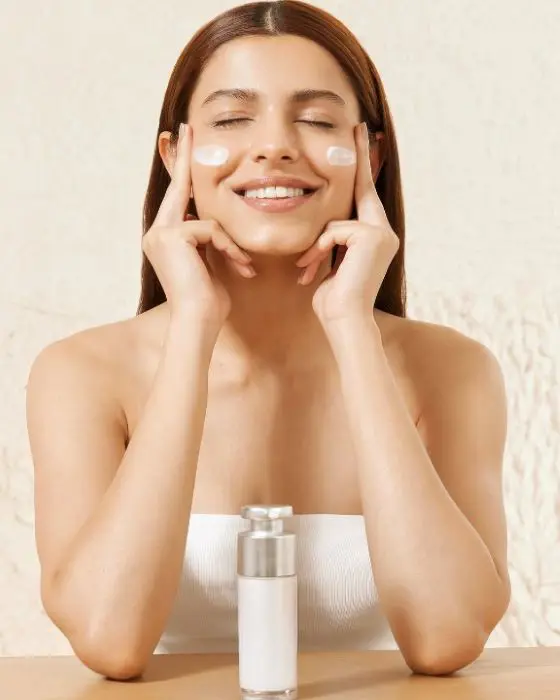Hot showers are a comforting way to unwind, but did you know that the warmth of the water can also offer surprising benefits for your hair? While it's true that excessive heat can sometimes lead to dryness and frizz, when used thoughtfully, hot water can actually enhance your hair care routine.
Yes, you heard it! It helps to open up hair cuticles, allowing for a deeper cleanse and making treatments more effective. In this article, we’ll explore some fantastic benefits of using hot water on your hair and provide tips on how to make the most of its positive effects. Let's begin!
1. Deep Cleansing
Deep cleaning of hair is achieved with hot water. Using it facilitates the scalp's pores and hair cuticles to open. As a result, clearing away product buildup, oil, and grime is simpler.
Start your shower by rinsing your hair with warm water to prepare it for cleaning. Just make sure the water isn’t too hot to avoid drying out your hair.
2. Enhances Product Absorption
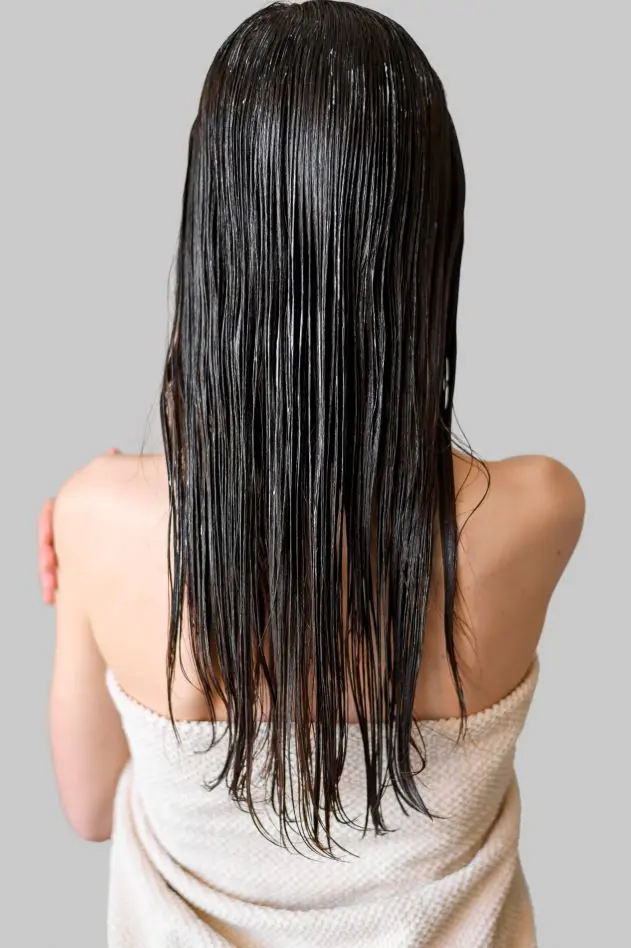
Using hair products along with hot water can be beneficial. Hot water helps conditioners and hair treatments penetrate better, making them more effective.
First, rinse with warm water after applying conditioner, then finish with a cool rinse to lock in moisture. You can try this method whenever you're applying hair products, especially conditioners.
3. Improves Blood Circulation
Another benefit of using hot water is, that it improves blood circulation. It is possible due to the warmth of hot water. Blood circulation provides healthier and stronger hair.
Massage your scalp gently while using warm water to enhance circulation. Doing this a few times a week can be beneficial. The temperature of the hot water should be moderate to avoid any negative impact.
4. Relieves Stress and Tension

Whenever you feel any stress and tension, applying hot water to your hair can be the best decision. Its warmth properties can relieve stress, and you will feel fresh.
Spend a few minutes in a warm shower at the end of a long day to relax. This can be part of your regular nighttime routine. You can end your day and sleep properly without any stress.
5. Helps Manage Dandruff
Dandruff is the most common hair problem. Hot water can assist in getting rid of dandruff. Warm water can help loosen and remove flakes from the scalp more effectively. This will ultimately reduce dandruff.
First, gently massage your scalp with warm water to help wash away dandruff. For better results, you can try it with anti-dandruff shampoo or any natural remedy for dandruff. When applying, be gentle with your scalp to avoid irritation.
6. Soothes an Itchy Scalp
Warm water can help soothe irritation and itching on the scalp. Warm water can provide some relief by calming the scalp. Though it is temporary, regular use of it can give you a permanent solution.
In the application process, first, rinse your scalp with warm water and use a gentle, soothing shampoo. You can use this technique whenever you feel discomfort.

7. Boosts Hair Shine
Yes, using hot water can boost hair shine. It is possible because it helps remove buildup and residue that dulls hair, making it look shinier.
First, take warm water to rinse your hair before shampooing and conditioning. Use it during your wash, then do a final rinse with cooler water to add an extra shine boost.
8. Easier Detangling
Detangling is a part of good hair care hygiene. Hot water is mostly used for detangling. It contains the properties that soften hair, making it easier to detangle.
For better output, use warm water before detangling with a wide-toothed comb or fingers. Always avoid harsh pulling to prevent breakage.
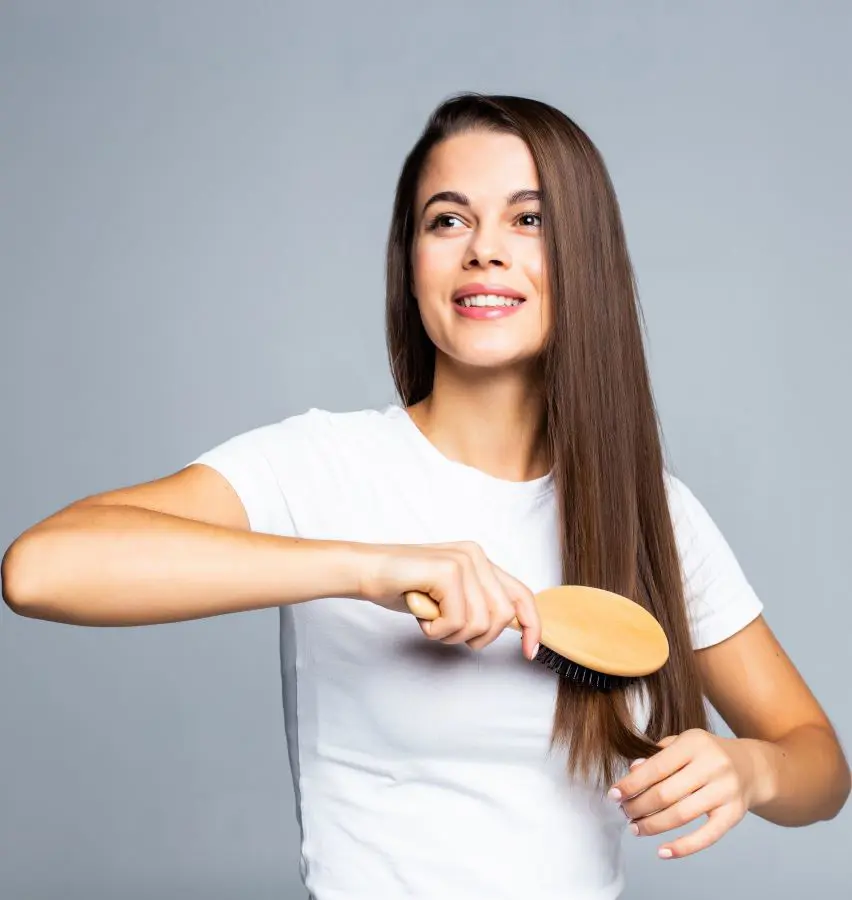
9. Prepares Hair for Styling
In case, you have a desire for a good-looking hairstyle. Hot water can help you to fulfill your desire. Hot water can make hair more manageable and ready for styling.
Before blow-drying or using other styling tools, wash or rinse your hair with warm water. This makes preparation steps for styling your hair easier. Overuse of hot water is avoided, as it can hamper the overall hair preparation process.
10. Improves the Efficacy of Scalp Treatments
The hot water can also improve the efficacy of scalp treatment. If you use special treatments for your scalp, warm water helps open up the pores, allowing these treatments to work more effectively.
Rinse with warm water before applying your scalp treatment for better absorption. Precaution is needed as per the requirement of scalp treatment to avoid any adverse situation.
How to Use Hot Water Safely for Hair?
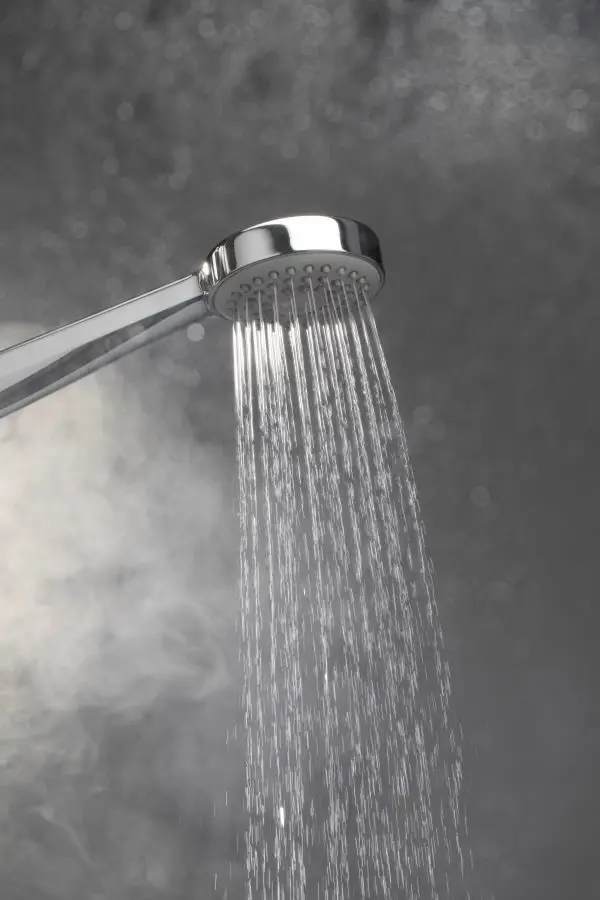
Using hot water without knowing how to use is not a safe approach. Applying the wrong method can give adverse results instead of better results.
It is crucial to know how to use hot water safely for your hair. This can benefit in improving overall hair health and prevent any unforeseen situation.
The proper tips for how to use hot water safely for your hair are:
Check the Temperature:
Before applying hot water you should always ensure that it is not too hot. Too much hot water can dry out or damage your hair.
Test it with your hand to find a comfortable temperature. After ensuring the temperature of the water is not too hot you can go to the next process.
Rinse Gently:
Cleaning the hair gently is crucial after applying hot water to the hair. Always avoid letting the water run directly onto your scalp at high pressure, which can be harsh.
Begin your shower by rinsing your hair with warm water to loosen up any buildup and prepare it for shampooing.
Massage with Care:
Use the warm water to gently massage your scalp. This helps to stimulate blood flow and makes it easier to clean away impurities.
Apply Products Wisely:
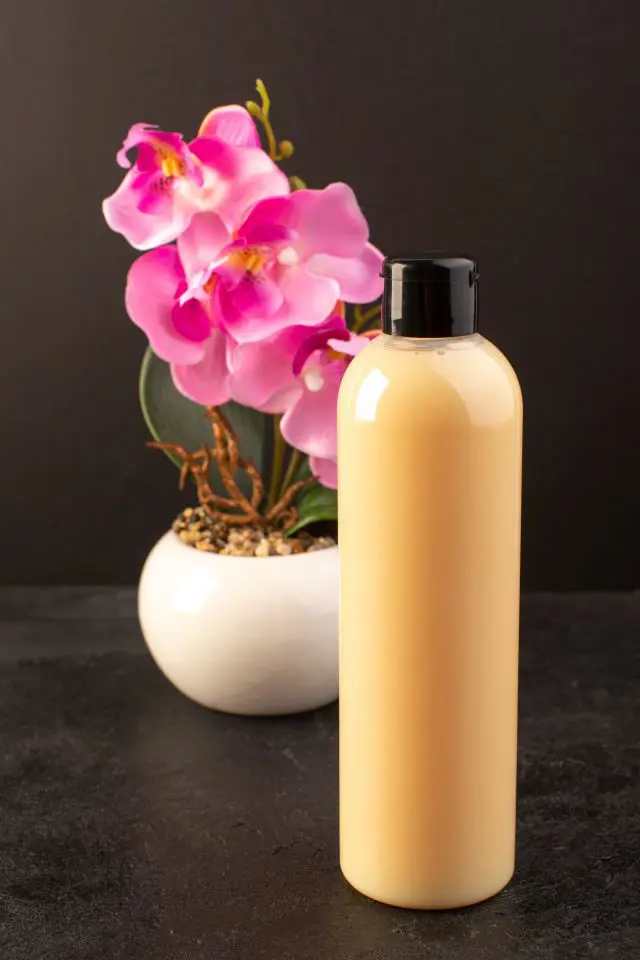
The wrong selection of products to use along with hot water can be a disaster. So apply a product wisely based on your hair needs and fit with hot water.
After selecting a fit product, first use these products and use warm water to help these products penetrate deeper into your hair. After applying, rinse out the products with the same warm water to ensure they’re fully absorbed.
Finish with a Cool Rinse:
Even though you have started your process with hot water. Finish the process with a cool rinse is a better option. This step helps to seal the hair cuticles and lock in moisture, giving your hair a shiny and smooth finish.
Avoid Overuse:
Proper use is good but always avoid overuse. Instead of overusing hot water alternate with it cooler rinses to maintain a balance. It helps to prevent any potential damage from excessive heat.
Conditioner First:
Using a conditioner is optional. However, if your hair is particularly tangled or prone to dryness, consider applying a leave-in conditioner or detangling spray. This will make the process smoother before using hot water.
Dry Gently:
After washing, pat your hair dry with a towel instead of rubbing it. This helps to prevent breakage and keeps your hair looking healthy.
Monitor Your Hair’s Reaction:
Pay attention to how your hair responds to hot water. If you notice excessive dryness or damage, adjust the water temperature or frequency accordingly.
Make a Routine:
Make a regular habit of using hot water for hair. The warm water can be relaxing, so regular use of it can give maximum benefits.
When to Avoid Hot Water for Hair Care?
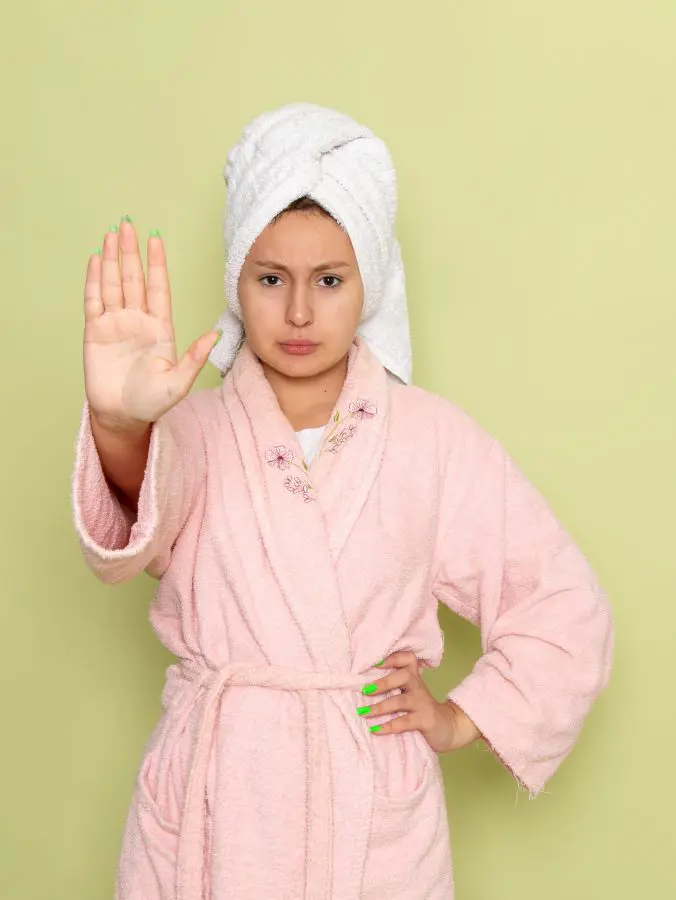
Well, hot water cannot be used in all hair care departments because it has both a positive and a negative side. However, using hot water will not be a problem if you are getting positive results.
However, avoiding hot water as soon as possible is better if you feel a negative result instead of a positive one.
Let's find out the conditions when we should avoid using hot water for hair care:
• Sensitive Scalp: If you have a sensitive or irritated scalp that feels worsened by the heat of hot water.
• Color-Treated Hair: When your hair is dyed or chemically treated. Applying Hot water can cause the color to fade more quickly.
• Dry or Brittle Hair: In case your hair is excessively dry or brittle. Hot water can make these conditions even worse.
• Frequent Hair Breakage: If you suffer from experience frequent hair breakage or split ends. In that case, using hot water is not a good idea.
• Recent Hair Treatments: After doing a recent air treatment avoid using hot water. It can nullify the treatment benefits.
• Unmanageable Frizz: In case you felt, that hot water makes your hair frizzier or harder to manage. It is better to stop using it.
• Damage from Heat: When you use a lot of heat-styling tools, adding hot water may increase overall heat damage.
• Hair Loss Concerns: If you are experiencing hair loss, hot water might worsen the problem.
Myth vs. Reality

False beliefs and false hope can lead to results that are the opposite of what you expect. When it comes to using hot water for hair care, there are several myths to consider. Some myths present hot water in a positive light, while others highlight potential negative effects.
Understanding these myths can help you make more informed decisions about your hair care routine. So let's point down some myths, and find out their reality:
• Myth 1: Hot Water Causes Hair Loss
Reality: Using hot water directly does not cause hair loss. Hair loss is more often related to factors such as genetics, hormonal imbalances, and overall health.
• Myth 2: Hot Water Permanently Damages Hair
Reality: Using warm water effectively and efficiently can prevent long-term damage and maintain hair health. Hot water can damage hair if used too frequently or at excessively high temperatures.
• Myth 3: Hot Water Is the Only Way to Clean Hair Thoroughly
Reality: There are other many methods to clean hair thoroughly. So, using hot water is not the only available option.
• Myth 4: Using Hot Water Will Always Make Hair Shine
Reality: The given myth is not true. Yes, hot water can open the cuticles, improving product absorption and adding some shine. However, it doesn't guarantee that your hair will always be shiny.
• Myth 5: Hot Water Makes Hair More Manageable
Reality: Hot water can make hair more manageable by loosening knots and making it easier to detangle. It is a temporary. For more manageable hair it should be applied to other hair management products.
• Myth 6: Hot Water Can Cure Dandruff
Reality: Hot water can help to loosen dandruff flakes, but it is not a cure. To cure dandruff, anti-dandruff shampoo, and other anti-dandruff product are used.
• Myth 7: Hot Water Is Harmful to All Hair Types
Reality: Yes, hot water isn’t suitable for all hair types, but claiming it’s harmful for everyone is not accurate. For some hair types, hot water can be beneficial.
Like this, there are other many myths related to the usage of hot water for hair. Breaking this myth and knowing the actual truth is necessary to identify the actual usage of hot water for hair.
How to Use Hot Water in Different Climates?
Adapting your usage style along with the different climates will help you in better hair care. Using the same pattern of hot water for hair in different kinds of climates is not a good decision.
Here, under this heading let's find out how to use hot water in different climates.
Cold Climates:

In the colder region, hot water is mostly used for hair care as cold water is less preferred. It gives the sensation of warmth in cold weather. Cold weather can cause the scalp to become dry and flaky. Hot water can temporarily soothe the scalp.
Always avoid using extremely hot water. After washing your hair with hot water, use a leave-in conditioner or hair oil for moisture retention.
Hot, Dry Climates:
In hot, dry climates, it is better to use a minimal amount of hot water for hair care. Use lukewarm water instead of hot water for washing hair to avoid further drying out the hair and scalp.
In hot, dry climates, try to avoid washing hair too frequently with hot water, as it can lead to dryness and frizz. When using hot water use a hydrating shampoo and conditioner to keep hair hydrated.
Humid Climates:
In a humid climate, it is very important to understand how to apply hot water. The increased moisture in the air often leads to frizz, flatness, or an oily scalp in humid climates.
Use hot water based on your hair and scalp condition on the scalp. In such a climate, it is better to use less hot water and limit the usage of it.
Moderate Climates:
The moderate climate is more favorable to using hot water when compared with hot and humid climates.
You can apply an adaptable routine while using hot water regularly. It is used in such a way that the benefits can be maximized. Use regular conditioner after washing to maintain hair health after using hot water.
DIY Hair Care
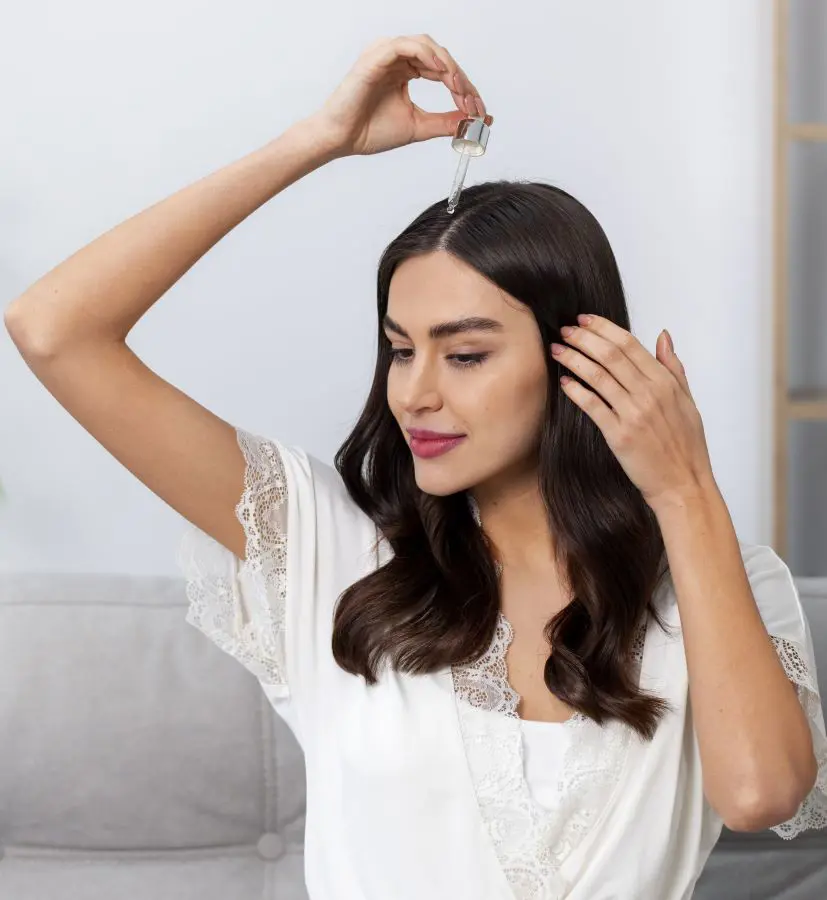
DIY hair care involves using natural, homemade remedies for hair care. They are easier to find and cost-effective. Not only that, they are free from harsh chemicals and can be customized based on our own needs. The natural ingredients used during DIY hair are the solution for various hair problems.
In the context of doing DIY care with hot water, it should be done with proper care. It provides benefits if used properly otherwise you can obtain the result that you don't want.
Hot Water Rinses
The hot water rinse can play a vital role in your hair care if done properly. It provides various benefits, including stimulating the scalp, enhancing treatment absorption, and others.
For better results frequent and overuse of hot water rinses should be avoided. Regularly applying moisturizing treatments and conditioners after hot water rinses can help maintain healthy hair.
Homemade Treatments with Hot Water
Homemade treatment is the traditional method of hair care. It is mostly used and can be done at home. Applying hot water during this treatment can give the best output.
Several ingredients can be used as homemade treatments along with hot water. In this blog, let's discuss only some popular ones.
Hot Oil Treatment
In this treatment, the hot water is coordinated with oil like coconut oil, almond oil, or olive oil. Before using first warm the oil slightly with hot water.
Apply it to the hair and scalp and cover it with a towel. After leaving it for a few minutes, you can rinse it.
Coconut Milk Treatment
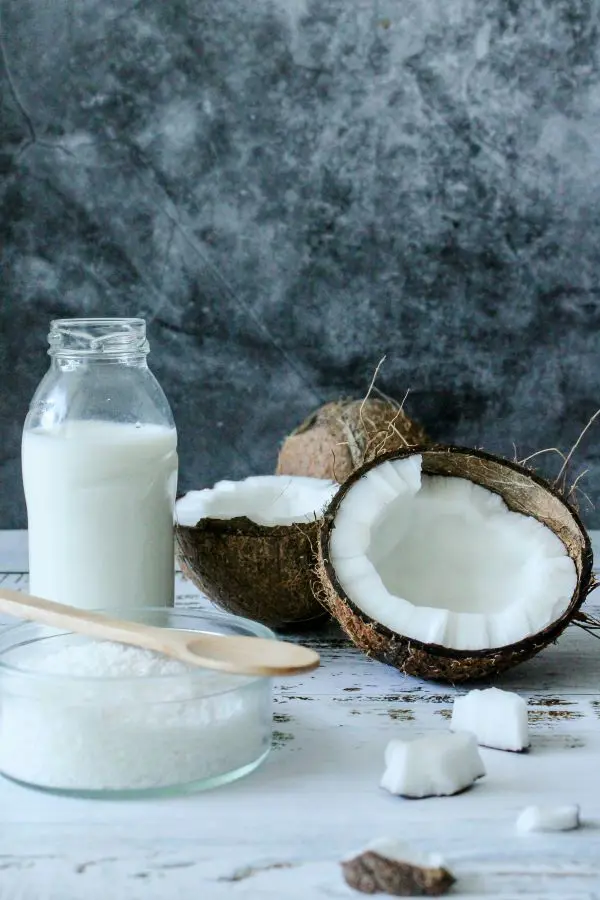
The only ingredient that is required is coconut milk. The coconut milk is gently warmed using hot water.
Apply it to the hair and scalp and cover it for less than half an hour. At last, you can rinse it.
Warm Honey and Olive Oil Mask
For this, honey and olive oil are required. The mixture of honey and olive oil is slightly mixed with hot water.
This mixture is now can be applied to hair. Cover it with a shower cap for a few minutes before cleaning it.
Avocado and Yogurt Hair Mask
The rip avocado and plain yogurt contain large amounts of nutrients required for hair. Both are mixed and warmed slightly with hot water.
In the application process, it is put in hair and left for about half an hour. You can use hot water as the final water rinse.
Aloe Vera and Olive Oil Mask
This one is the most popular natural hair treatment. Combine olive oil and aloe vera gel in a bowl. Heat the mixture by placing the bowl in a hot water bath until warm.
Apply the warm mixture to your scalp and hair. Cover it with a towel. After a few minutes, you can rinse it.
These are some natural treatments that can be done while co-operating with hot water. The hot water acts as a catalyst in the process of natural hair treatment.



